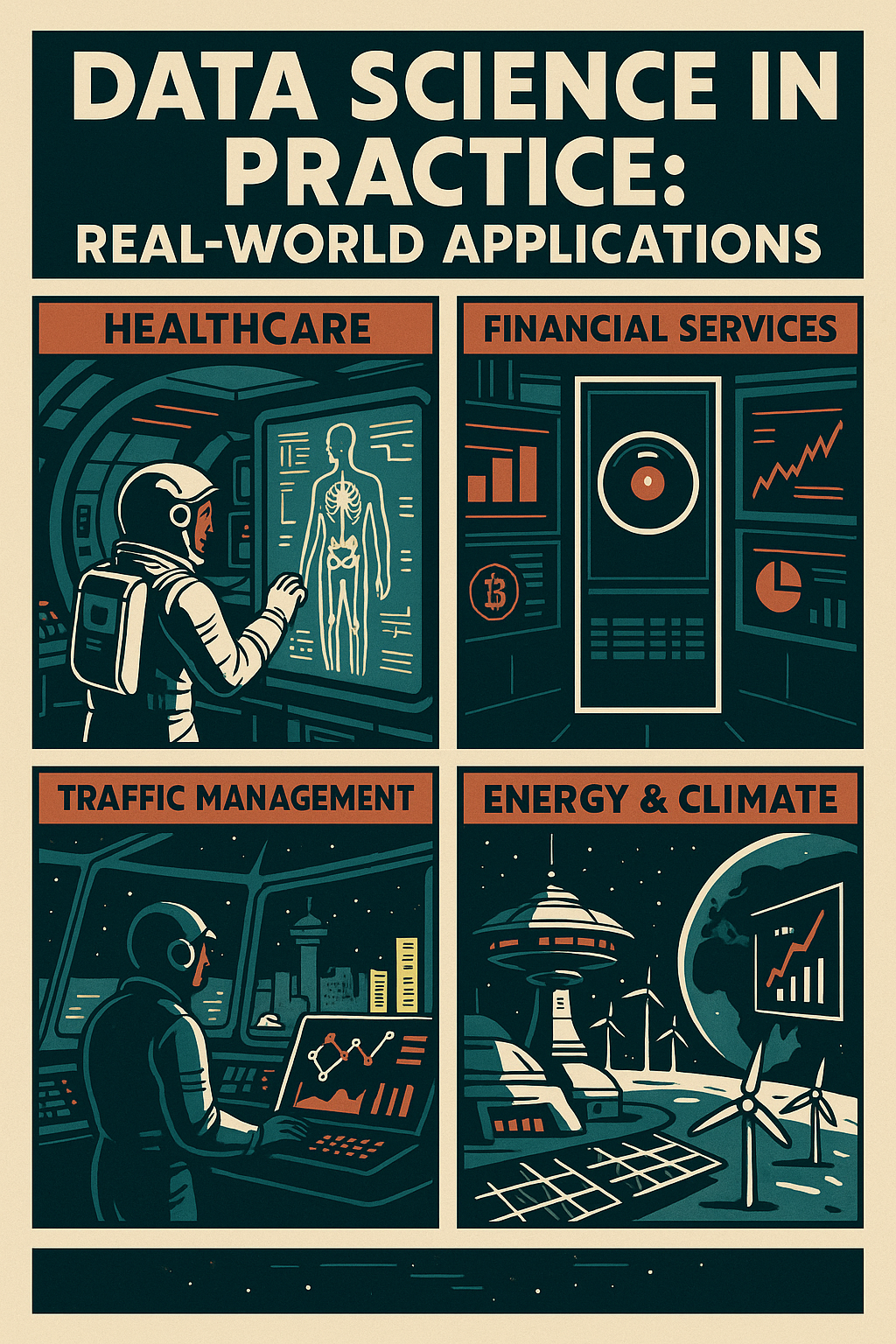
The Future of AI in Business Operations
Artificial Intelligence (AI) is no longer just a buzzword or a futuristic concept—it's a transformative force that's reshaping business operations across industries. In this post, I'll explore the current state of AI in business and where it's headed in the coming years.
One of the most significant impacts of AI on business operations is in process automation. AI-powered systems can now handle complex tasks that previously required human intervention, from customer service interactions to financial analysis and decision-making.
At Ensemble AI, we're leveraging AI to automate the venue booking process, using machine learning algorithms to match customers with venues based on their preferences, budget, and requirements. This has not only improved efficiency but also enhanced the customer experience by providing more personalized recommendations.
Another area where AI is making a significant impact is in predictive analytics. By analyzing historical data and identifying patterns, AI systems can make predictions about future trends, customer behavior, and market conditions with remarkable accuracy.
For example, in my work at HP Tech Ventures, we used predictive analytics to identify startups with high growth potential. By analyzing factors such as team composition, market trends, and financial metrics, we were able to make more informed investment decisions.
The future of AI in business operations is even more exciting. As AI technologies continue to evolve, we can expect to see more sophisticated applications that can handle increasingly complex tasks with greater autonomy.
One area of particular interest is the development of AI agents that can collaborate with each other and with humans to solve complex problems. These multi-agent systems represent a new paradigm in AI, moving beyond single-purpose tools to create more flexible and adaptable systems.
For businesses, the key to leveraging AI effectively is not just in adopting the technology, but in reimagining business processes with AI capabilities in mind. This requires a strategic approach that considers both the technical possibilities and the business objectives.
It's also important to consider the ethical implications of AI in business operations. As AI systems become more autonomous and make more decisions, questions of accountability, transparency, and fairness become increasingly important.
Despite these challenges, the potential of AI to transform business operations is enormous. By automating routine tasks, providing deeper insights, and enabling more personalized customer experiences, AI is helping businesses operate more efficiently and effectively than ever before.

